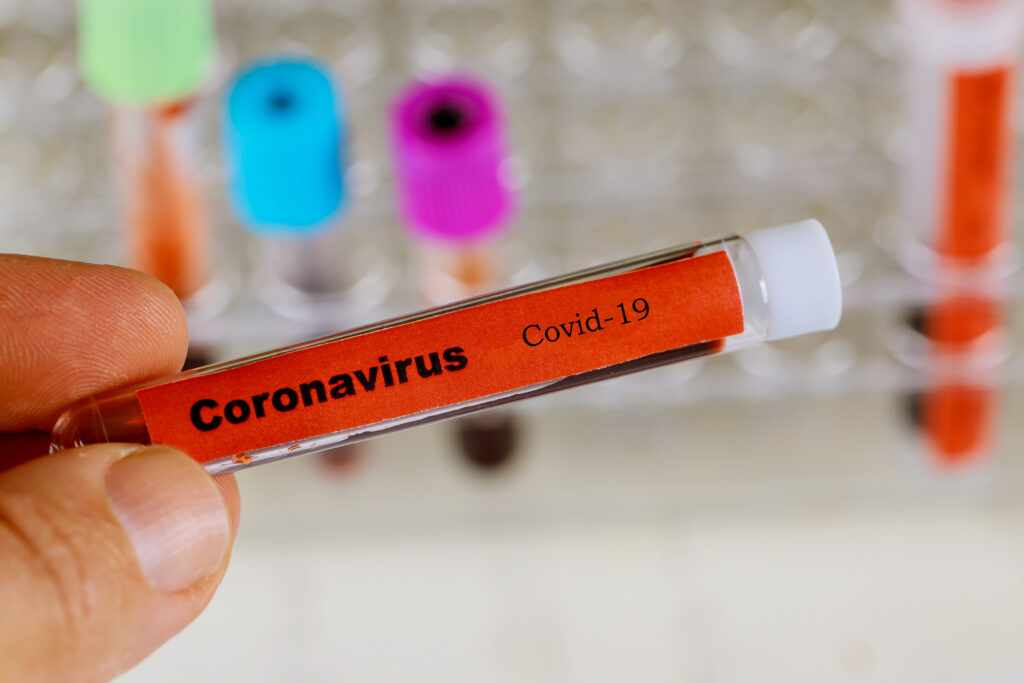
Indian researchers have identified more than 24,000 mutations in well in excess of 7,000 variants of COVID-19 circulating in India, IANS reports.
Multiple countries have identified new variants of COVID-19, among them the United Kingdom, Japan, Brazil, and South Africa. The detection of new variants, many of which are considered to be more transmissible and potentially more lethal, has also given rise to concerns over vaccine efficacy as countries seek to inoculate their populations.
Research by scientists at the Centre for Cellular and Molecular Biology (CCMB) in Telangana state capital Hyderabad, which operates under the aegis of the Council for Scientific and Industrial Research (CSIR), identified 7,684 variants of severe acute respiratory syndrome coronavirus 2 (SARS-CoV-2) – the novel coronavirus that causes COVID-19. As Business Today outlines, “a recently published research paper analysing the viral variants has also listed out the top 61 non-synonymous Indian variants with details of the genomic mutation and the corresponding amino acid change in the associated viral protein.”
Mutations in India detected among COVID-19 variants number at more than 24,300, according to an official who is a key member of the national taskforce working to combat COVID-19.
“We have found these mutations in over 6,000 variants and submitted it to an international consortium which collects the data to predict and analyse trends of virus spread in geographical locations,” said Sujeet Kumar Singh, director of the National Centre for Disease Control (NCDC) which is a member of a consortium that seeks to monitor genomic variations in SARS-CoV-2. However, he noted that “till now, no correlation has been established between the variants and the rise in the number of cases reported in a few states. It is still under investigation.
“More than two lakh mutations in the virus have been recorded globally. But did all the mutations incite a rise in cases? The mutations are a natural process of evolution in a pathogen. It is relevant only if it induces a change in the trend of disease spread.”
India is currently witnessing declining cases, but observers are alarmed over an uptick in fresh SARS-CoV-2 infections in high-burden states including Maharashtra. Vigilance concerning new variants and mutations which are potentially more transmissible is the need of the hour in India’s ongoing effort to control COVID-19.

